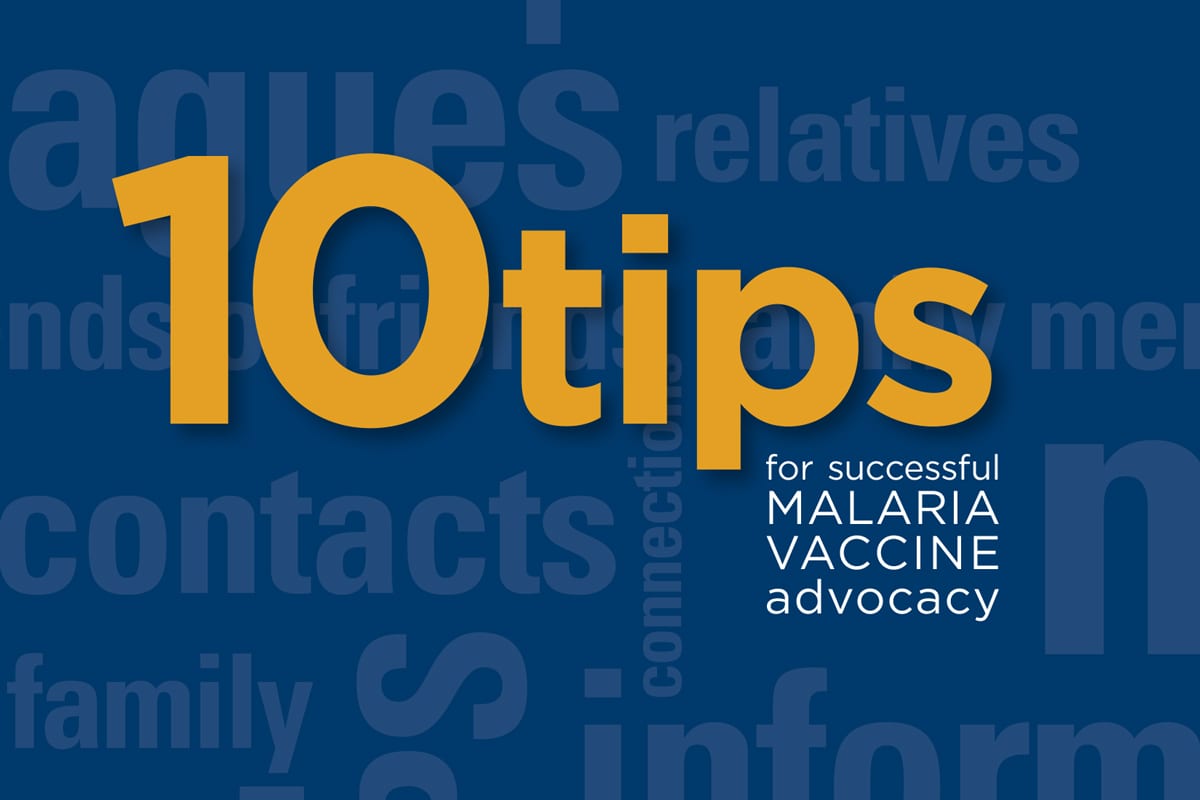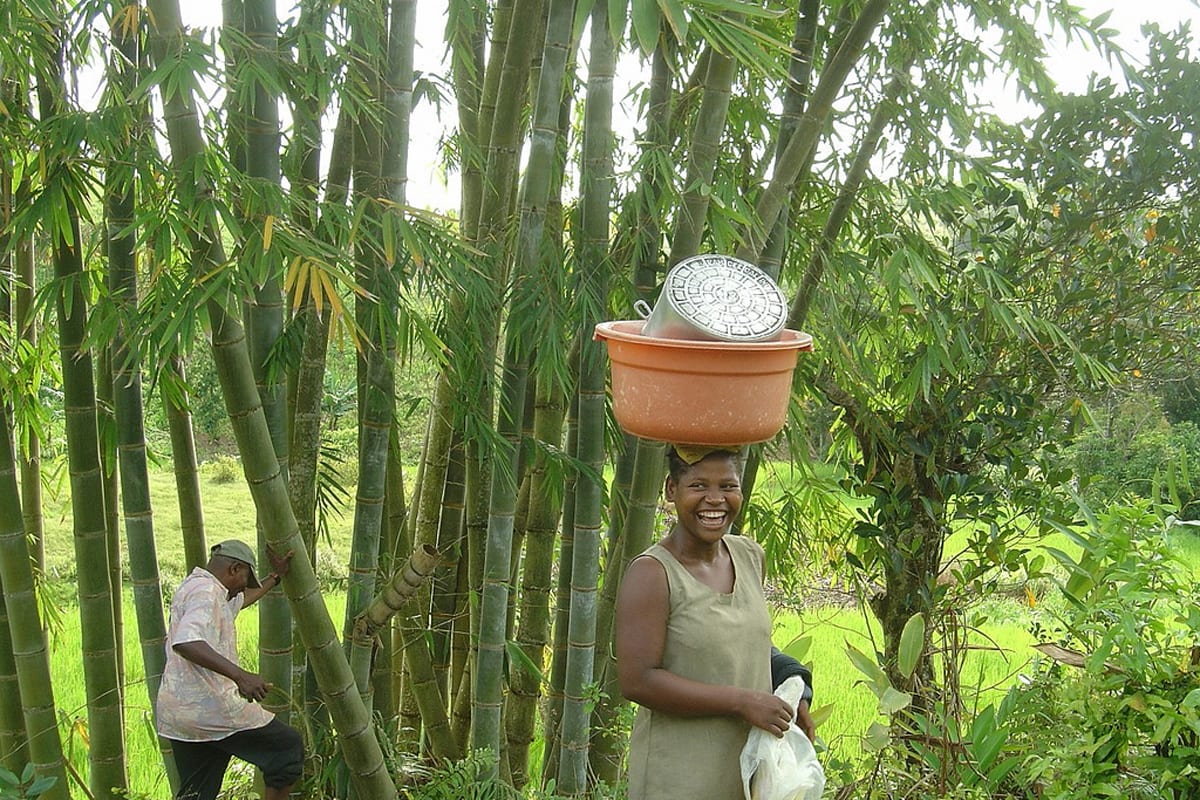Global Health Posts
Nice Save: The Unexpected Benefits of Federally-Funded Health Research

One of the overlooked stories in biomedical research is the story of unintended consequences. Or, more accurately, the story of unintended benefits. That’s the story that we wanted to tell through the new advertising campaign designed by Burness Communications for Research!America.
10 Tips for Successful Malaria Vaccine Advocacy

A group of senior malaria vaccine researchers from all over Africa recently collaborated with the PATH Malaria Vaccine Initiative and Burness Communications to publish a guide of best practices called “10 tips for successful malaria vaccine advocacy.” Helping these scientists get their message from the lab to Parliament could mean the difference between a child dying from a preventable disease and a child receiving a vaccine that could save her life.
Bamboo Charcoal: A Sustainable Energy Source for Africa

When we think of bamboo, we rarely think of Africa. Though most of us know the plant as panda food or as the backdrop of Chinese movies like Crouching Tiger Hidden Dragon, it is also a source of alternative energy that can combat soil degradation and massive deforestation in Africa.
Bedbugs’ Spread Fueled by Inbreeding, Treatment Resistance

To adapt a phrase, bed bugs don't die, they multiply. A single mated female can spawn many colonies and then mate with her offspring. The offspring can also mate with each other. That is, bed bugs can survive, and even thrive, by inbreeding.
Venomous Snakebites: A Neglected Tropical Disease

At the annual meeting of the American Society of Tropical Medicine and Hygiene (ASTMH), a symposium on snakebites revealed that getting bitten by a snake is a far greater problem than people have been led to believe.
Hope in the Fight Against Malaria

Malaria could be reduced to a minor concern—maybe even eliminated—in the next decade if funders are able to sustain or slightly increase the money they’ve offered in the previous two decades.
An Early Warning System to Help Fight Cholera

Across the developing world, cholera—which hasn’t seriously threatened the U.S. for a century—is a major problem. That’s not likely to change soon. In fact, it is likely to become an even greater scourge. People are still going to suffer. But today, a new early warning system is promising to reduce suffering and deaths from the disease by predicting outbreaks before they start.
The Economist: Special Report on Feeding the World
How will the world feed 9 billion people? In a nine-part special report, The Economist’s John Parker scrutinizes the multi-faceted challenges facing the expansion of the global food supply—from science to culture to policy—and explores the seeds of solutions to … Continue reading The Economist: Special Report on Feeding the World
Eliminating the “Meningitis Belt”
How many diseases are so devastating that entire regions are named for them? And what if, as early as 2015, we could stop one such disease in its tracks—in the very countries hit hardest? That’s the promise of a new, … Continue reading Eliminating the “Meningitis Belt”
Tapping New Resources for Global Health Innovation
"It’s just one sign of many that U.S. government attitudes towards global health are changing. Like many at the second Partnering for Global Health Forum, I’m looking forward to seeing what’s next."
